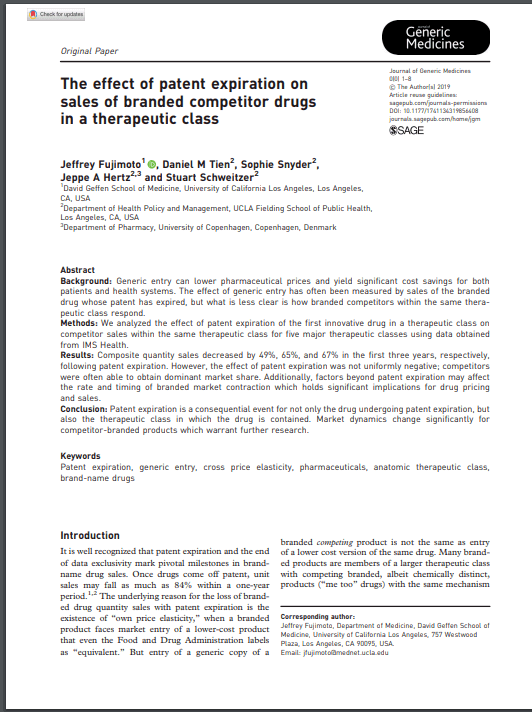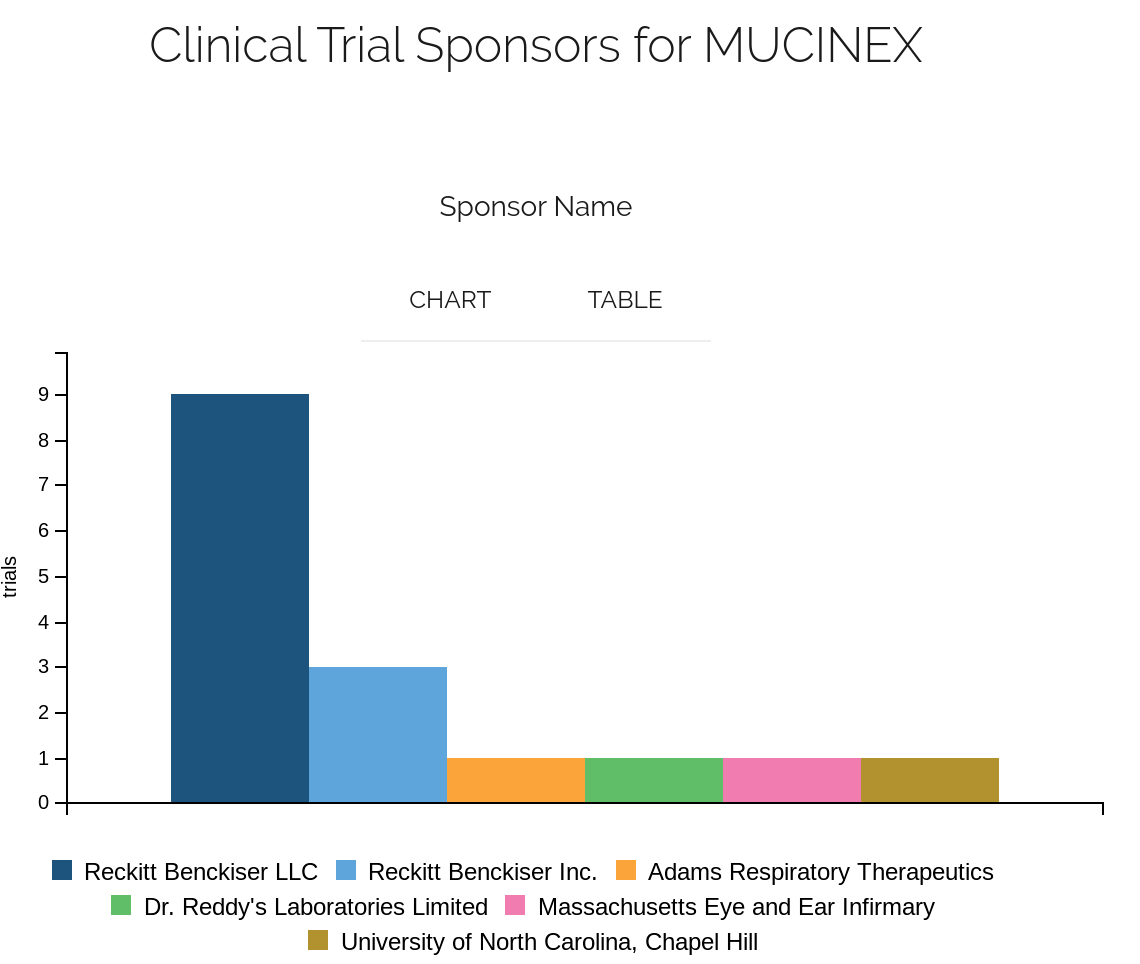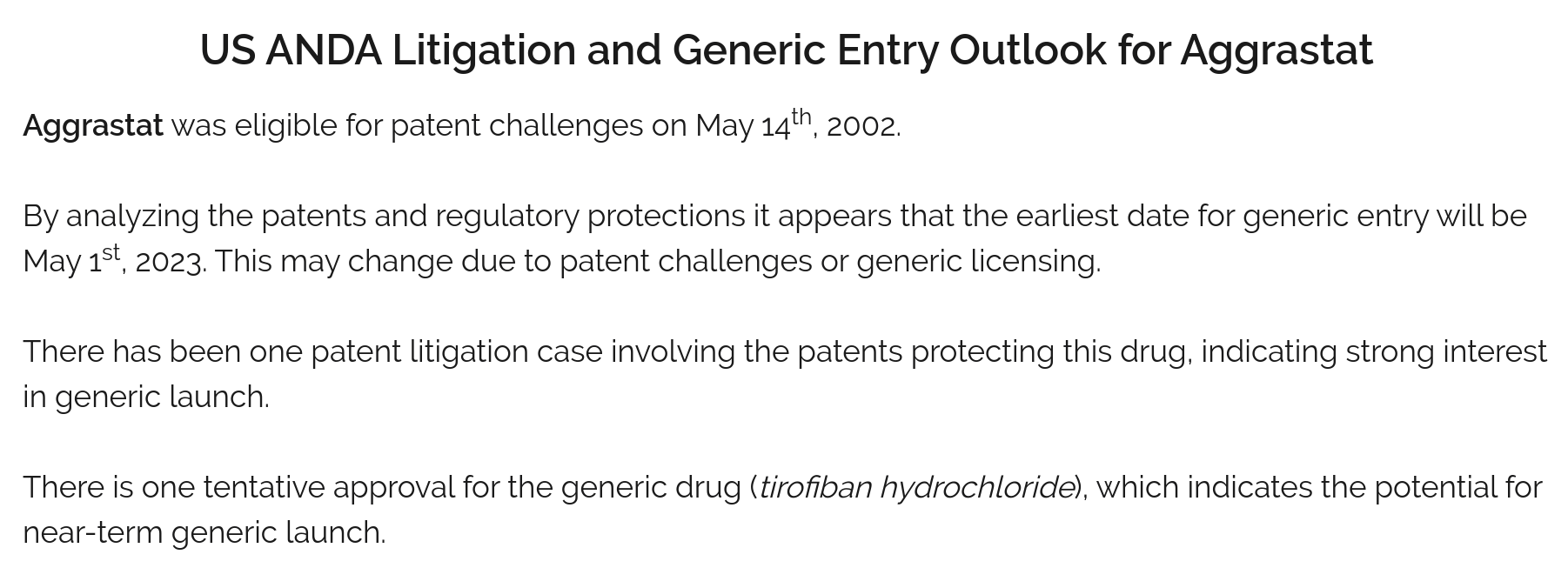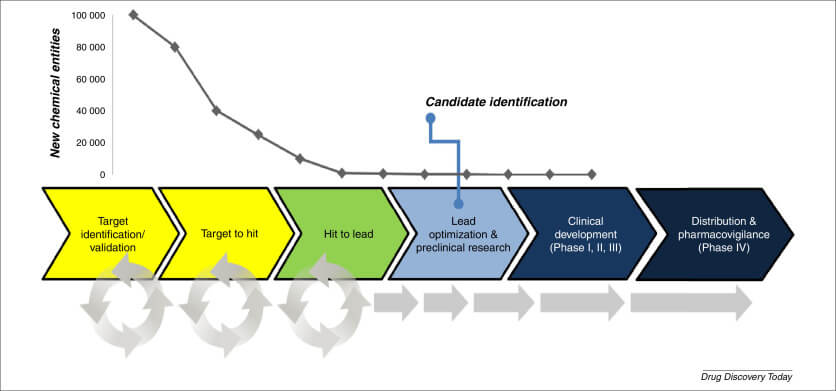Understanding Drug Development Outsourcing
Drug development outsourcing refers to the practice of contracting external organizations, such as Contract Research Organizations (CROs) or Contract Development and Manufacturing Organizations (CDMOs), to perform various aspects of the drug development process. This strategy has gained significant traction in recent years, with the global pharmaceutical outsourcing market projected to reach $91.4 billion by 2028.
The Evolution of Outsourcing in Pharma
The pharmaceutical industry has witnessed a paradigm shift in its approach to drug development. Historically, big pharma companies maintained extensive in-house capabilities for every stage of the drug development process. However, the increasing complexity of drug discovery, coupled with rising costs and regulatory pressures, has led to a more collaborative and outsourced model.
“Outsourcing has become a strategic imperative for pharmaceutical companies seeking to optimize their R&D processes and accelerate time-to-market for new drugs.” – Dr. Jane Smith, Chief Scientific Officer at PharmaTech Solutions
Key Factors Influencing Outsourcing Decisions
Before delving into the specific scenarios where outsourcing becomes advantageous, it’s crucial to understand the primary factors that influence this decision:
- Cost considerations
- Expertise and specialized knowledge
- Resource availability
- Time-to-market pressures
- Regulatory compliance requirements
- Scalability and flexibility needs
- Intellectual property concerns
- Risk management strategies
Cost Considerations in Drug Development
The financial aspect of drug development is often a driving force behind outsourcing decisions. According to a study by the Tufts Center for the Study of Drug Development, the average cost to develop a new drug has soared to $2.6 billion. This staggering figure underscores the need for cost-effective strategies in drug development.
Breaking Down Development Costs
To better understand the financial implications, let’s break down the typical costs associated with drug development:
- Preclinical research: 30-35% of total costs
- Clinical trials: 50-55% of total costs
- Regulatory approval process: 5-10% of total costs
- Post-approval studies and monitoring: 5-10% of total costs
By outsourcing specific stages or functions, companies can potentially reduce these costs significantly, especially in areas where they lack in-house expertise or infrastructure.
When to Consider Outsourcing: Key Scenarios
Now that we’ve established the context, let’s explore the specific scenarios where outsourcing drug development becomes a strategic advantage.
1. Early-Stage Research and Discovery
The initial phases of drug development, including target identification and validation, can be resource-intensive and require specialized expertise. Outsourcing these stages can be beneficial when:
- Your company lacks specific technological capabilities
- You need to explore multiple targets simultaneously
- There’s a need to access proprietary screening libraries or platforms
Case Study: Biotech Startup Success
Consider the case of NeuroCure Therapeutics, a small biotech startup that successfully outsourced its early-stage research to identify novel targets for neurodegenerative diseases. By partnering with a specialized CRO, they were able to screen over 100,000 compounds in just six months, a feat that would have taken years with their limited in-house resources.
2. Preclinical Development
Preclinical studies, including in vitro and in vivo testing, are critical for assessing the safety and efficacy of potential drug candidates. Outsourcing preclinical development can be advantageous when:
- Specialized animal models or testing facilities are required
- Regulatory expertise for IND (Investigational New Drug) application is needed
- Rapid turnaround times are essential to meet development milestones
“Outsourcing preclinical studies can reduce development timelines by up to 30% while ensuring compliance with GLP (Good Laboratory Practice) standards.” – Dr. Michael Johnson, Preclinical Research Director at Global Pharma Solutions
3. Clinical Trials Management
Clinical trials represent the most expensive and time-consuming phase of drug development. Outsourcing clinical trials can be particularly beneficial when:
- Global patient recruitment is necessary
- Specialized therapeutic expertise is required
- Complex trial designs or adaptive protocols are involved
- Real-world evidence collection is needed
The Rise of Virtual Clinical Trials
The COVID-19 pandemic has accelerated the adoption of decentralized or virtual clinical trials. CROs with expertise in digital health technologies and remote patient monitoring have become invaluable partners in this new paradigm. A recent survey found that 76% of pharmaceutical companies plan to increase their use of decentralized trial approaches in the coming years.
4. Manufacturing and Scale-up
As drug candidates progress through development, the need for larger quantities of the compound increases. Outsourcing manufacturing can be crucial when:
- Specialized facilities or equipment are required (e.g., for biologics or gene therapies)
- Rapid scale-up is needed to meet clinical trial demands
- Flexibility in production capacity is essential
The Biologics Boom
The growing market for biologics and advanced therapies has created a surge in demand for specialized manufacturing capabilities. The global biologics outsourcing market is expected to grow at a CAGR of 8.5% from 2021 to 2028, reaching $87.1 billion.
5. Regulatory Affairs and Submissions
Navigating the complex regulatory landscape is a critical aspect of drug development. Outsourcing regulatory affairs can be beneficial when:
- Expertise in specific geographic markets is required
- Resources for managing multiple submissions are limited
- Regulatory strategy needs to be aligned with global development plans
“Outsourcing regulatory affairs to specialized firms can increase the likelihood of first-cycle approval by up to 25%, saving valuable time and resources.” – Sarah Thompson, Regulatory Affairs Consultant at PharmaReg Advisors
Assessing Your Organization’s Readiness for Outsourcing
Before making the decision to outsource, it’s crucial to assess your organization’s readiness and capabilities. Consider the following factors:
- Internal expertise and resource gaps
- Budget constraints and financial projections
- Timeline pressures and development milestones
- Strategic priorities and long-term goals
- Risk tolerance and mitigation strategies
- Intellectual property considerations
- Quality control and oversight capabilities
- Cultural fit with potential outsourcing partners
Conducting a SWOT Analysis
A SWOT (Strengths, Weaknesses, Opportunities, Threats) analysis can be a valuable tool in evaluating your organization’s position and determining the potential benefits of outsourcing. Here’s a simplified example:
| Strengths | Weaknesses |
|---|---|
| – Strong scientific expertise in target disease area | – Limited manufacturing capabilities |
| – Robust intellectual property portfolio | – Lack of global regulatory experience |
| Opportunities | Threats |
|---|---|
| – Access to cutting-edge technologies through CROs | – Potential loss of control over critical processes |
| – Faster time-to-market through streamlined development | – Intellectual property risks in collaborative settings |
Selecting the Right Outsourcing Partner
Once you’ve decided to outsource, choosing the right partner becomes paramount. Consider these key factors:
- Technical expertise and track record
- Quality management systems and regulatory compliance
- Communication and project management capabilities
- Financial stability and long-term viability
- Cultural alignment and collaborative approach
- Geographical location and accessibility
- Intellectual property protection policies
- Scalability and flexibility of services
Due Diligence Checklist
Develop a comprehensive due diligence checklist to evaluate potential partners. Include items such as:
- Review of past performance and case studies
- Site visits and facility audits
- Reference checks with current and former clients
- Assessment of quality control processes and SOPs
- Evaluation of data security and confidentiality measures
- Analysis of financial statements and stability indicators
Maximizing the Benefits of Outsourcing
To fully leverage the advantages of outsourcing drug development, consider implementing these best practices:
- Establish clear communication channels and expectations
- Develop comprehensive technology transfer protocols
- Implement robust quality agreements and performance metrics
- Foster a collaborative culture between internal teams and external partners
- Maintain oversight and governance throughout the outsourced processes
- Invest in relationship management and regular performance reviews
- Develop contingency plans for potential risks or challenges
- Continuously evaluate and optimize the outsourcing strategy
The Role of Strategic Partnerships
While transactional outsourcing relationships can be effective for specific tasks, many companies are moving towards strategic partnerships with CROs and CDMOs. These long-term collaborations can offer:
- Deeper integration of processes and systems
- Shared risk and reward structures
- Increased flexibility and responsiveness to changing needs
- Access to innovation and emerging technologies
“Strategic partnerships in drug development outsourcing can lead to a 15-20% reduction in overall development costs and timelines.” – Dr. Robert Chen, CEO of BioPartners Alliance
Future Trends in Drug Development Outsourcing
As the pharmaceutical landscape continues to evolve, several trends are shaping the future of drug development outsourcing:
- Increased adoption of artificial intelligence and machine learning in drug discovery
- Growth of specialized CROs focusing on advanced therapies (e.g., cell and gene therapies)
- Expansion of end-to-end outsourcing solutions
- Integration of real-world evidence throughout the development process
- Rise of virtual and augmented reality technologies in clinical trials
- Emphasis on sustainability and green chemistry in manufacturing
- Blockchain technology for enhancing data integrity and traceability
- Personalized medicine driving demand for flexible, small-batch production
The Impact of AI on Drug Development
Artificial intelligence is revolutionizing drug discovery and development. AI-powered platforms can analyze vast datasets, predict drug-target interactions, and optimize molecule designs. Many pharmaceutical companies are partnering with AI-focused CROs to leverage these capabilities. A recent study found that AI could potentially reduce early-stage drug discovery timelines by up to 4 years and cut costs by 60%.
Challenges and Risks in Drug Development Outsourcing
While outsourcing offers numerous benefits, it’s essential to be aware of potential challenges and risks:
- Loss of control over critical processes
- Intellectual property protection concerns
- Quality control and consistency issues
- Communication barriers and cultural differences
- Regulatory compliance across multiple jurisdictions
- Data security and confidentiality risks
- Dependency on external partners
- Hidden costs and budget overruns
Mitigating Outsourcing Risks
To address these challenges, consider implementing the following risk mitigation strategies:
- Develop comprehensive contracts with clear deliverables and milestones
- Establish robust governance structures and oversight mechanisms
- Implement secure data sharing platforms and protocols
- Conduct regular audits and performance reviews
- Maintain a core internal team for critical decision-making and oversight
- Develop contingency plans for potential partner failures or disputes
- Invest in cultural training and relationship-building initiatives
- Continuously monitor regulatory changes and compliance requirements
Case Studies: Successful Outsourcing Strategies
Let’s examine two case studies that illustrate successful outsourcing strategies in drug development:
Case Study 1: Virtual Biotech Success
NanoTherapeutics, a virtual biotech company with just 15 employees, successfully developed a novel nanoparticle-based drug delivery system for cancer therapeutics. By strategically outsourcing preclinical studies, manufacturing, and clinical trials management, they were able to advance their lead candidate from concept to Phase II trials in just 3 years, with a budget of $50 million – a fraction of the typical cost and time for similar development programs.
Case Study 2: Big Pharma Transformation
GlobalPharma, a large pharmaceutical company, implemented a comprehensive outsourcing strategy to streamline its R&D operations. By partnering with specialized CROs for early-stage research and leveraging a network of academic institutions for target validation, they increased their preclinical success rate by 35%. Additionally, by outsourcing 70% of their clinical trials to a strategic CRO partner, they reduced development timelines by an average of 18 months per program.
Key Takeaways
As we conclude this comprehensive guide on when to outsource drug development, let’s recap the key takeaways:
- Outsourcing can significantly reduce costs and accelerate development timelines when strategically implemented.
- The decision to outsource should be based on a thorough assessment of internal capabilities, resources, and strategic goals.
- Choosing the right outsourcing partner is crucial for success and requires careful due diligence.
- Effective communication, clear expectations, and robust governance are essential for maximizing the benefits of outsourcing.
- While outsourcing offers numerous advantages, it’s important to be aware of potential risks and implement mitigation strategies.
- The future of drug development outsourcing is being shaped by emerging technologies like AI, virtual clinical trials, and personalized medicine.
- Successful outsourcing strategies can transform both small biotech startups and large pharmaceutical companies, enabling them to bring innovative therapies to patients faster and more efficiently.
By carefully considering these factors and implementing a well-planned outsourcing strategy, pharmaceutical companies can optimize their drug development processes, reduce costs, and ultimately bring life-changing therapies to patients more quickly and efficiently.
FAQs
- Q: How does outsourcing impact the quality of drug development?
A: When done correctly, outsourcing can enhance the quality of drug development by leveraging specialized expertise and state-of-the-art technologies. However, it’s crucial to select reputable partners and maintain robust quality control measures throughout the process. - Q: Can small biotech companies benefit from outsourcing drug development?
A: Absolutely. Small biotech companies can particularly benefit from outsourcing as it allows them to access specialized expertise and resources without the need for significant upfront investments in infrastructure and personnel. - Q: How does outsourcing affect intellectual property rights in drug development?
A: Intellectual property considerations are crucial in outsourcing relationships. Well-crafted agreements should clearly define ownership of IP generated during the collaboration, ensuring that the sponsoring company retains rights to key innovations while allowing partners to benefit from their contributions. - Q: What are the potential drawbacks of outsourcing drug development?
A: Potential drawbacks include loss of direct control over processes, communication challenges, potential quality inconsistencies, and the risk of intellectual property leakage. These risks can be mitigated through careful partner selection, robust contracts, and effective governance structures. - Q: How is artificial intelligence changing the landscape of drug development outsourcing?
A: AI is revolutionizing drug development outsourcing by enabling faster and more accurate target identification, predictive modeling of drug-target interactions, and optimization of clinical trial designs. Many CROs are now offering AI-powered services, allowing pharmaceutical companies to leverage these advanced capabilities without significant in-house investments.
Sources cited:
- Grand View Research
- PharmaTech Solutions
- Tufts Center for the Study of Drug Development
- NeuroCure Therapeutics case study
- Global Pharma Solutions
- Clinical Trials Transformation Initiative survey
- Allied Market Research
- PharmaReg Advisors
- BioPartners Alliance
- MIT





















